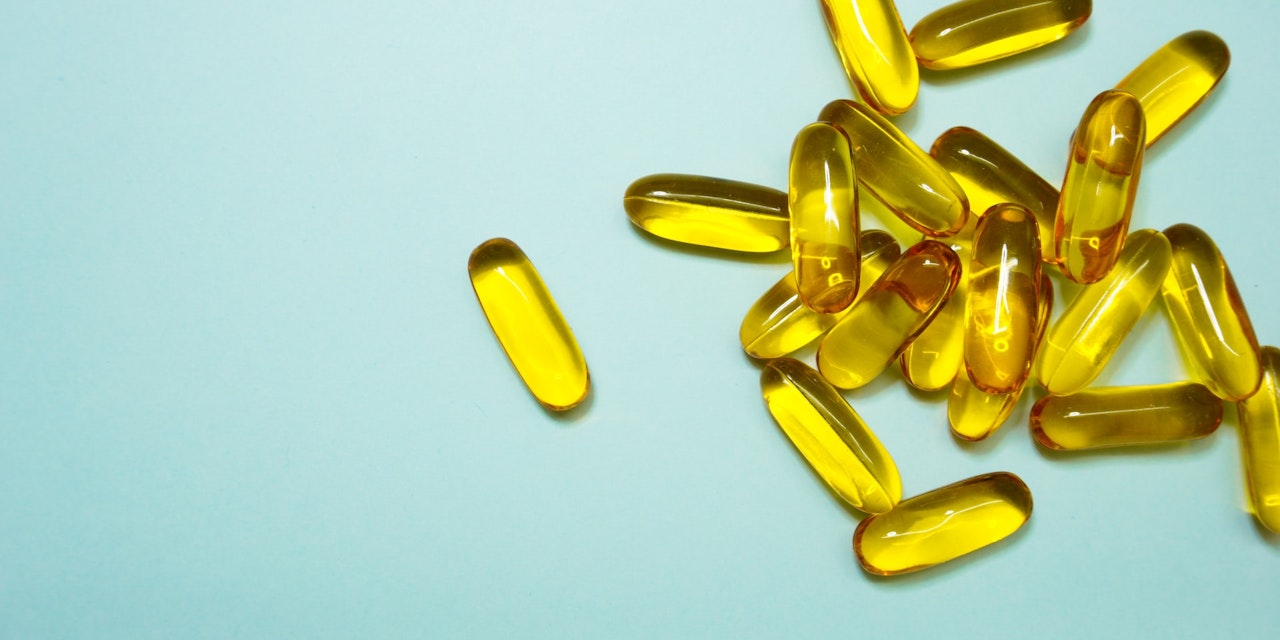Do brain supplements help memory and focus?
Are brain supplements safe and do they actually work? Our experts break down some common types of cognitive enhancers and what the science says.
- Published: 1/24/2023
- Categories:
- 2 min. read

- Published: 1/24/2023
- Categories:
- 2 min. read
Supplement brands have been breaking past the typical body benefits to branch out to brain health. They have been promising to step up brain sharpness, memory, and focus. Are these cognitive enhancers safe and do they actually work? Our experts break down some common types of brain supplements and what the science says.
Adaptogens
Adaptogens are herbal plants or mushrooms thought to have medicinal properties that help reduce fatigue, increase our mental productivity, and help reduce stress. It’s thought that they can stimulate the body’s stress response and help it reach balance. You can typically get these in teas, powders, capsules, or tinctures (1).
Common adaptogens include:
- Ashwagandha herb
- Reishi mushrooms
- Lion’s mane mushrooms
- Ginseng root
- Rhodiola herb
Some research shows these may improve quality of life and help prevent age related brain diseases. However more research needs to be done in order to confirm this. It’s also unclear what type of the plant and how much is actually active (1).
Nootropics
Nootropics, also known as cognitive enhancers or smart drugs, are substances that may have effects on our thinking, memory, motivation, or brain function. Some nootropics are prescribed by a doctor and may help treat conditions such as ADHD or dementia (2).
Nootropics also can refer to supplements that claim to enhance mental performance. They help by boosting circulation to promote more oxygen to the brain, decreasing inflammation which interferes with brain health, or stimulating the way our brain sends messages.
In addition to the adaptogens above, some common nootropics include:
- Caffeine
- Nicotine
- L-theanine
- Creatine
- Omega 3
- Vitamin E
- B vitamins
Our bodies absorb and use nutrients more efficiently when we get nutrients directly from the foods we eat. Many of these you can get from foods, such as omega-3 in fish or nuts, or creatine by eating healthy protein sources like fish, poultry, or meat.
So before considering a supplement, try following a brain health boosting way of eating such as the Mediterranean diet which has been shown to slow cognitive decline and reduce the risk of cognitive impairment (3). You can try the Mediterranean diet in the Lifesum app!
Are brain supplements safe?
It's very important to talk to your doctor before trying any new product or supplement, especially if you have a medical condition.
The problem with many of these products is that they are not well regulated. The Food and Drug Administration (FDA) does not review dietary supplements for safety, effectiveness, or what they actually contain (4).
To take the natural, healthy and safe approach, focus on eating whole foods which provide many brain boosting nutrients. Learn what to eat to positively impact how you think, feel and act here: Food For Thought: Nutrition And Mental Health.
4 references (hide)
All of the content and media on Lifesum is created and published for information purposes only. It is not intended to be used as a substitute for medical advice or treatment. Users should always consult with a doctor or other health care professional for medical advice. If you have or think you are at risk of developing an eating disorder, do not use the Lifesum app and seek immediate medical help.